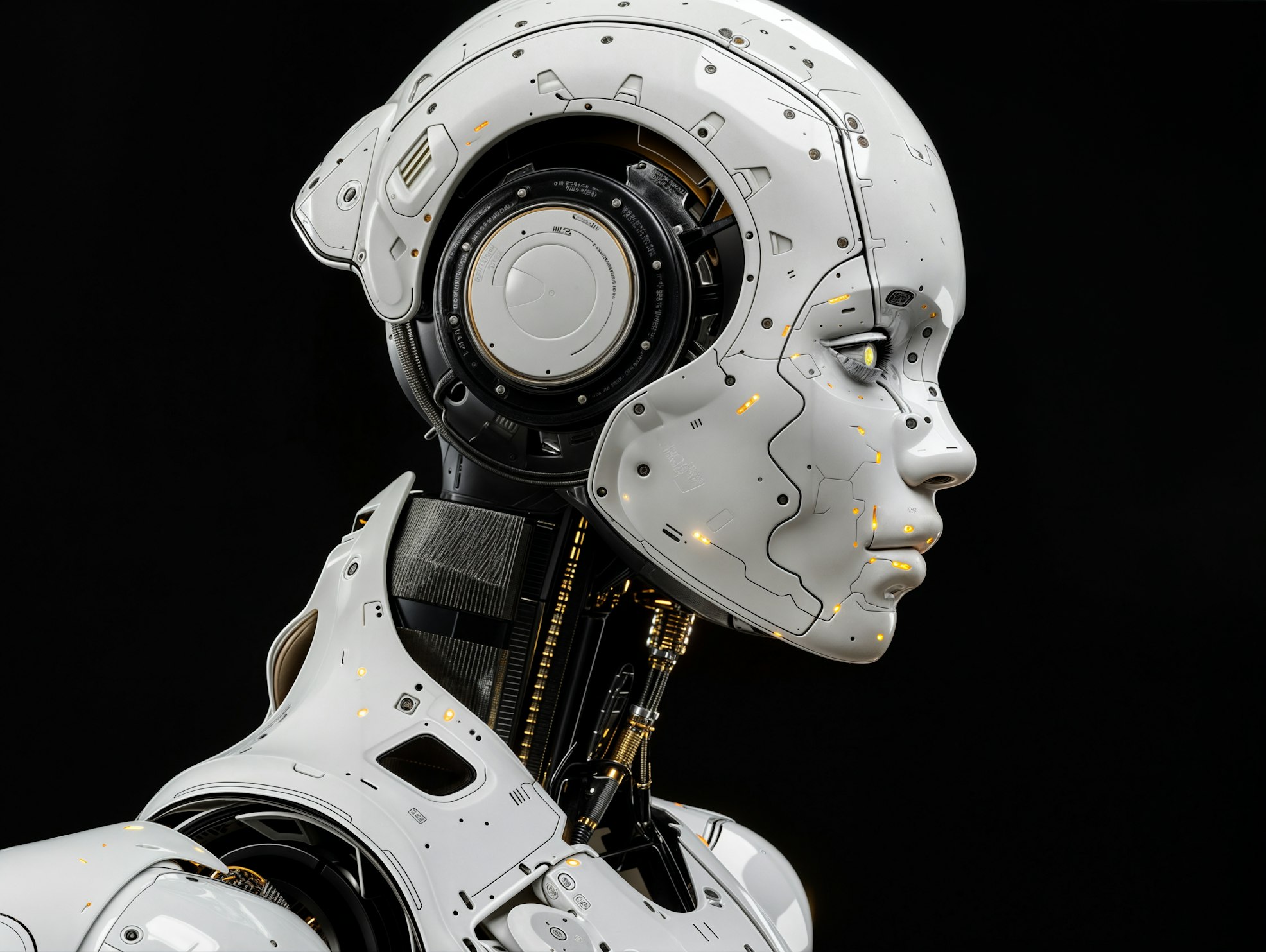
UK Job Market Hits the Brakes: Is AI Pumping the Pedal or Slamming the Door?
Jul 13, 2025 |
👀 149 views |
💬 0 comments
A chill is sweeping through the United Kingdom's job market. Recent data reveals a significant slowdown in hiring, with permanent job placements falling and vacancies drying up. For new graduates, the outlook is particularly bleak, facing what's being called the toughest market since 2018. While economic headwinds are a clear factor, a new and powerful force is being cited as a key accelerator of this trend: Artificial Intelligence.
But the story isn't as simple as "robots are taking the jobs." Instead, AI appears to be playing a complex dual role, simultaneously contributing to the slowdown in general hiring while creating a red-hot demand for a new set of skills.
The latest figures paint a stark picture. A recent report from jobs site Indeed highlighted a staggering 33% drop in graduate job postings compared to last year. This is echoed by the influential KPMG and REC UK Report on Jobs, which points to continued weak demand and a sharp rise in candidate availability, largely due to redundancies and a general reluctance from businesses to commit to new hires amid cost pressures.
This is where AI enters the narrative. Companies, in a bid to tighten their belts and boost efficiency, are increasingly leveraging AI tools to automate routine tasks. This is having a direct impact on entry-level "white-collar" roles in fields like marketing, administration, and even human resources. Instead of hiring a new junior staff member, a company can now equip its existing team with AI assistants that enhance their productivity, effectively reducing the need for new headcount.
"We're seeing a fundamental shift," comments one London-based tech recruiter. "Firms are realizing they can run leaner teams. The 'grunt work' that was once the domain of a recent graduate is increasingly being handled by an algorithm. It's not about replacing the entire team, but about slowing the pace of team growth."
However, this slowdown is only one half of the story. While AI may be closing the door on some traditional career paths, it is flinging open another, more specialized one.
A recent PwC analysis reveals that while job growth in sectors highly exposed to AI is slowing, demand for roles that require specific AI skills is surging. These jobs now command an average wage premium of 11% in the UK. The market is screaming for AI specialists, data scientists, and professionals who are not just users of AI, but can build, implement, and manage it.
This is creating a two-track job market. On one side, there's a squeeze on traditional roles, leading to a challenging environment for those without specialized skills. On the other, there's a gold rush for those with proven AI fluency and technical expertise.
The key takeaway for the UK workforce is clear: adaptation is no longer optional. The slowdown isn't just a temporary blip but a sign of a deep, technology-driven restructuring of the labour market. As AI continues to weave itself into the fabric of the economy, the question isn't whether it will impact jobs, but how quickly individuals and the nation as a whole can upskill for the new reality.
🧠 Related Posts
💬 Leave a Comment
